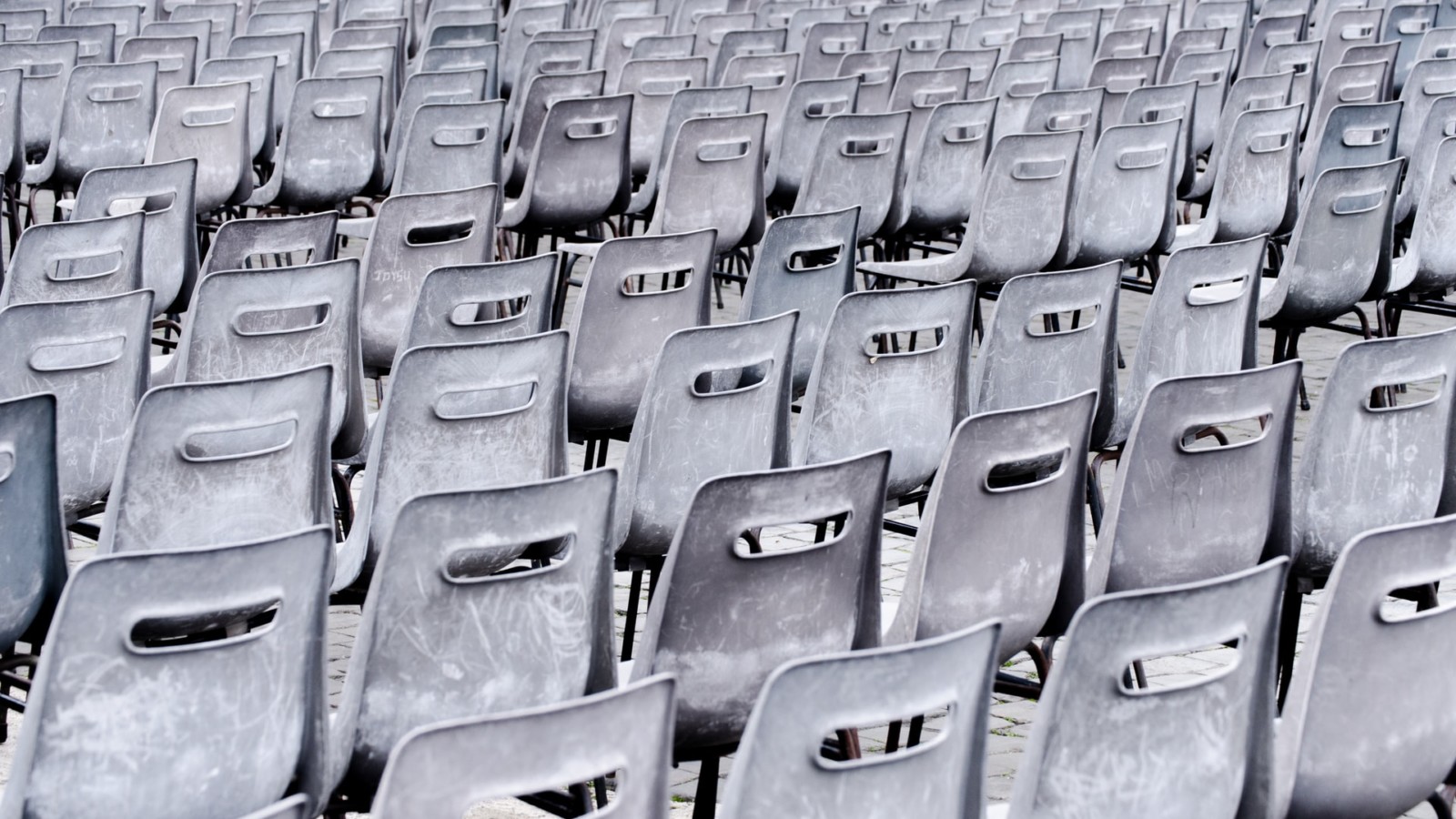The Covid 19 virus changed the world for everyone. When the world went into lockdown early in 2020. Many of those who did not actually have the disease tried to see the positives in the situation. It was a chance to slow down, spend time with family, rest, recharge, indulge in hobbies. Office workers welcomed the opportunity to sleep in a bit as they did not have to face the morning commute. But as the time went on and people realised this was not going to be a sprint but a marathon, things changed.
While working from your kitchen table in your PJs and doing your laundry seemed wonderful at first. The reality of the situation soon set in for many workers. For some trying to get work done while also trying to help their children acclimatize to online learning, preparing meals and sharing a space twenty four seven with their spouse became very stressful. Sometimes the conditions were less than ideal with inadequate working space. A lack of ergonomic furniture, inconsistent WIFI or noisy surroundings. People who work from home also tended to work longer hours. Because unlike what pertains at the office there is no signal that the work day has ended. These lengthened working hours made mental burn out a real possibility.
People also found themselves working late into the night because the daytime hours were spent dealing with bored. Or challenged offspring or entertaining toddlers. For whom there was no day care available. Women in particular were dealing with the need to be housewife and a member of the worker force at the same time. And were also losing their jobs in greater numbers than men. The magazine The Economist published an article in which it was claimed that Gender Equality was taking a hit as a result of the pandemic. As women also bore the burden of childcare for younger children.
Meanwhile for some workers who live alone. The unending days without human contact was rather depressing. Unless you count the hundreds of Zoom and/or Teams meetings that were required to get through the work week. This forced isolation was exacerbated by the closure of bars restaurants, cinemas and even churches. As cities and countries struggled to control the spread of the virus. So you worked alone all week then spent the weekend alone in your home. As well with almost zero possibility of socialization.
Those were the lucky ones but, for this year also saw record unemployment. As for many who worked in sectors such as the food and entertainment industries. There were no work at all as businesses buckled under the strain of remaining closed to the public for months or sent home staff to stay afloat. This unemployment had a domino effect as it then led to anxiety. And fear over being unable to meet important commitments such as rent and the fear of eviction and homelessness. Or an inability to feed yourself or your family. For many this fear became painful reality and affected the mental health of many workers.


